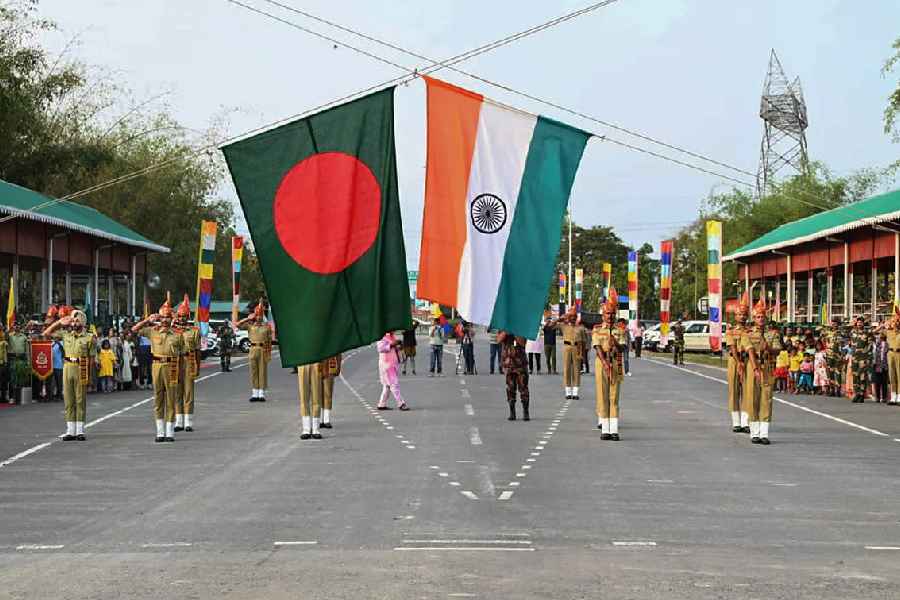New Delhi: India is mulling the introduction of a home-grown, battery-operated, point-of-care test that can detect tuberculosis in under an hour and phase out smear microscopy, the century-old diagnostic technique dogged in certain situations by poor reliability.
An international scientific group that advises a TB research consortium set up by the Indian Council of Medical Research (ICMR) has recommended a phased rollout of the molecular diagnostic test into the national TB control programme, officials said.
Developed by Bangalore-based company Bigteclabs, the molecular test looks for genetic material from TB bacteria in sputum samples. It has been assessed through validation and feasibility studies at 100 designated microscopy centres in 50 districts across 10 states, and appears a reliable tool for early diagnosis, officials said.
The Union health ministry's TB control programme managers are yet to decide on a rollout. But, the officials said, the ministry's national strategic plan that seeks to dramatically reduce the incidence of TB in the country by 2025 has acknowledged the need for improved diagnosis.
The standard smear microscopy technique, introduced nearly a century ago, has limitations. It usually finds it difficult to diagnose TB when the bacterial load is less than 10,000 per millilitre of the sputum sample, giving erroneous negative results for some patients.
"It takes time for bacterial loads to build up to that level," said Chandrasekhar Nair, the director of MolBio Diagnostics, the company marketing the test.
"After three weeks of cough, patients may not have the bacterial load required for successful detection through smear microscopy, but molecular diagnosis is sensitive enough to pick up the infection at the stage."
The government has already introduced a foreign-made molecular diagnostic test for the detection of drug-resistant TB in the TB control programme network. But, the ICMR said, it is "expensive and remains largely inaccessible as a frontline test".
"Unlike the imported test, which requires an air-conditioned laboratory, the indigenous battery-powered test is a point-of-care system that gives results within an hour and may be used even in primary health centres," an ICMR official told The Telegraph.
Senior officials say that smear microscopy is unlikely to be phased out quickly but if the TB control programme rolls out the new test, the routine microscopic detection of TB would not be needed.











